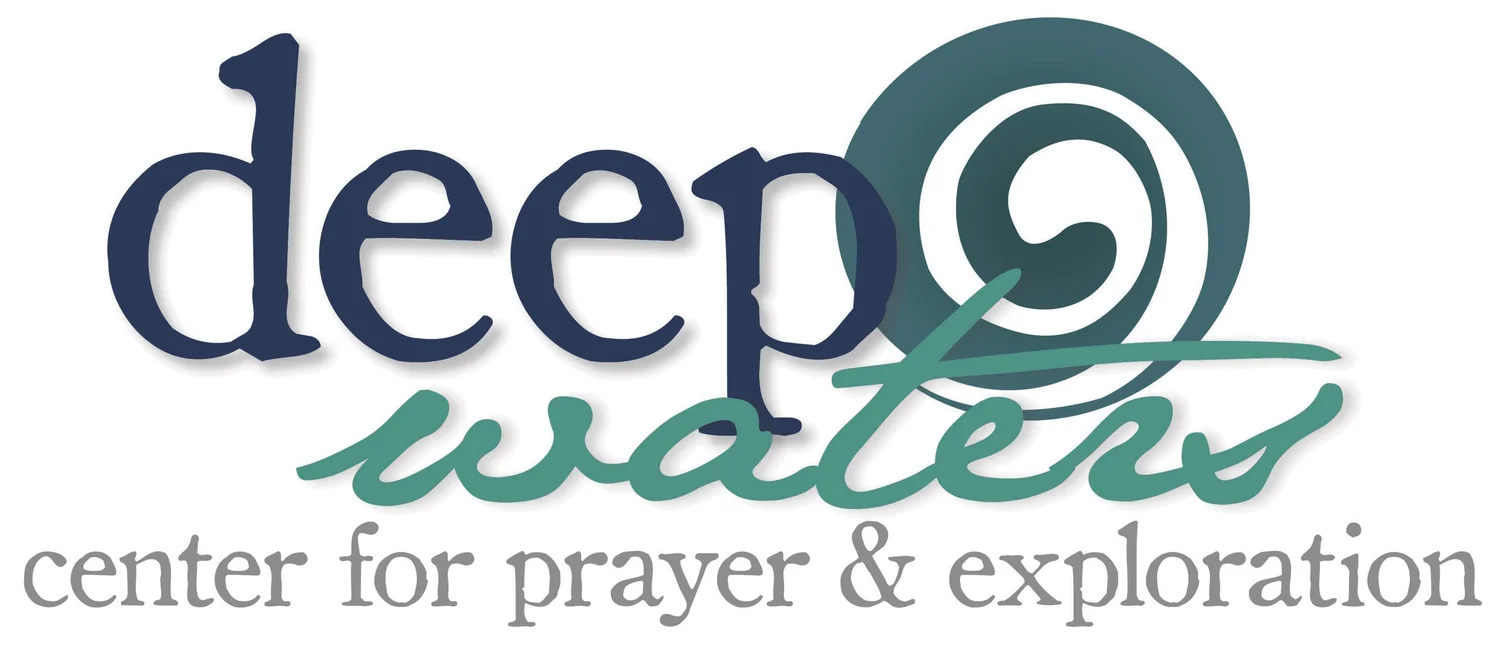Racist in Recovery
/
It’s been two weeks now since George Floyd’s death. Two weeks of agonizing over the most recent brutalities piled on a history of oppression and violence. Two weeks of people raging, lamenting, shouting, Enough! taking to the streets in peaceful protest (The protests have been largely peaceful, so if we’re obsessed with the parts that are not, we might be missing the point). Two weeks of folks rightfully demanding we do better, and wrestling with what that means.
It feels like we are in the middle of history being made. If we’ve ever wondered what we would have done if we were Christian in Nazi Germany or white in America in the 60’s, this is our moment. Which side of history do we want to be on?
I’ve been having lots of honest, painful, beautiful conversations, mostly with other white people. In the one I hosted Friday, I introduced myself saying something like this:
I’m Kimberly.
I am a beloved child of God. I am good.
I am also racist.
Maybe not as racist as I used to be,
Maybe not as racist as others I know or see in the news.
But I still have plenty of work to do to heal the racism and prejudice in my own heart.
And there is so much we white people need to do to help root out the racism,
baked into our society, structures and policies.
I am here because I am convicted of my complacency.
I have heard the cries, seen the horrors inflicted on black and brown bodies
and I have gone back to living my own safe, comfortable, privileged white life.
I come in need of forgiveness and mercy.
I come feeling a weight of responsibility as a white American.
I know I need to do more.
I’m scared. I’m overwhelmed.
I feel insecure about presuming to lead a conversation like this.
But I do believe in the power of spaces like this.
Where we can show up, be painfully honest and still loved,
Where we can wrestle with difficult tensions,
Where we can seek truth and healing, and experience transforming grace.
I am committed to show up and speak truth, even when it’s hard and painful.
To listen and learn more, particularly from and with people of color.
To pray and struggle within myself,
and to be in community and conversation with fellow strugglers.
To seek better way forward and walk in it together.
This is a step.
If it sounds a lot like how one might introduce oneself in a Twelve Step circle, it felt that way. Because if we’re white in America, we’re all at least a little addicted to the power and privilege our skin color has conferred upon us.
Can I just say, it felt so relieving to confess I’m still in recovery for racism? To drop the kneejerk defenses, “I’m not racist.” “He or she is a bad actor, but I would never do such a thing.” “I see and treat all people the same.” “I get it. I have read the right books and articles, attended a workshop, talked with black friends, bought the t-shirt etc.” Ah, maybe so. But do we still drink in the water and wine of white supremacy?
Friends, it is inescapable. If we are white in America, we have a race problem. Our sisters and brothers with darker skin are staging a huge intervention. Again. Whether we are full-blown sloppy racists or quiet, functional racists, we have a problem. Question is, will we stay in denial, or will we seek help?

